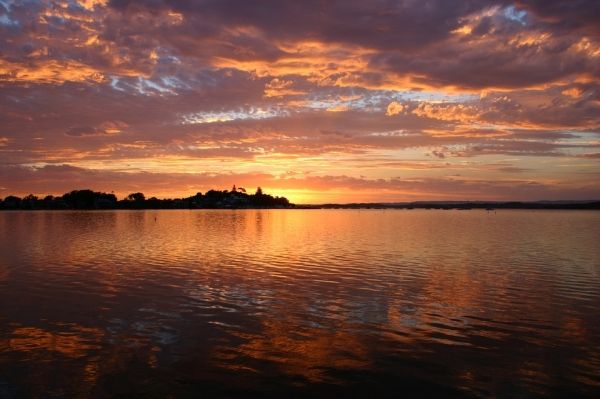International research led by Luke Grant, Inne Vanderkelen and Prof Wim Thiery of the VUB research group BCLIMATE shows that global changes in lake temperature and ice cover are not due to natural climate variability and can only be explained by massive greenhouse gas emissions since the Industrial Revolution. The influence of human-induced climate change is evident in rising lake temperatures and in the fact that the ice cover forms later and melts sooner.
“These physical properties are fundamental to lake ecosystems,” says Grant, a researcher at VUB and lead author of the study published in Nature Geoscience: “As impacts continue to increase in the future, we risk severely damaging lake ecosystems, including water quality and populations of native fish species. This would be disastrous for the many ways in which local communities depend on lakes, ranging from drinking water supply to fishing.”
The team also predicted future development under different warming scenarios. In a low-emission scenario, the average warming of lakes in the future is estimated to stabilise at +1.5°C above pre-industrial levels and the duration of ice cover to be 14 days shorter. In a high-emission world, these changes could lead to an increase of +4.0 °C and 46 fewer days of ice.
Read more at Vrije Universiteit Brussel
Photo Credit: 12019 via Pixabay


